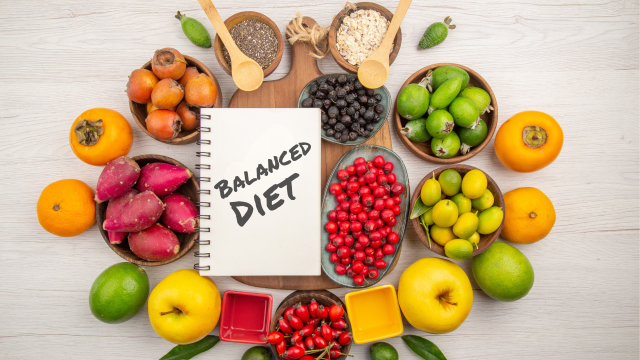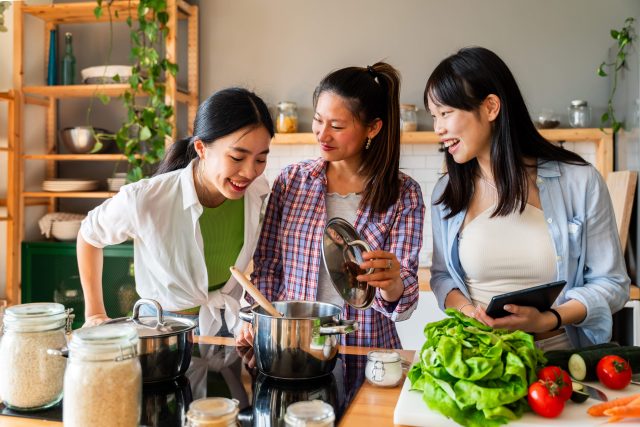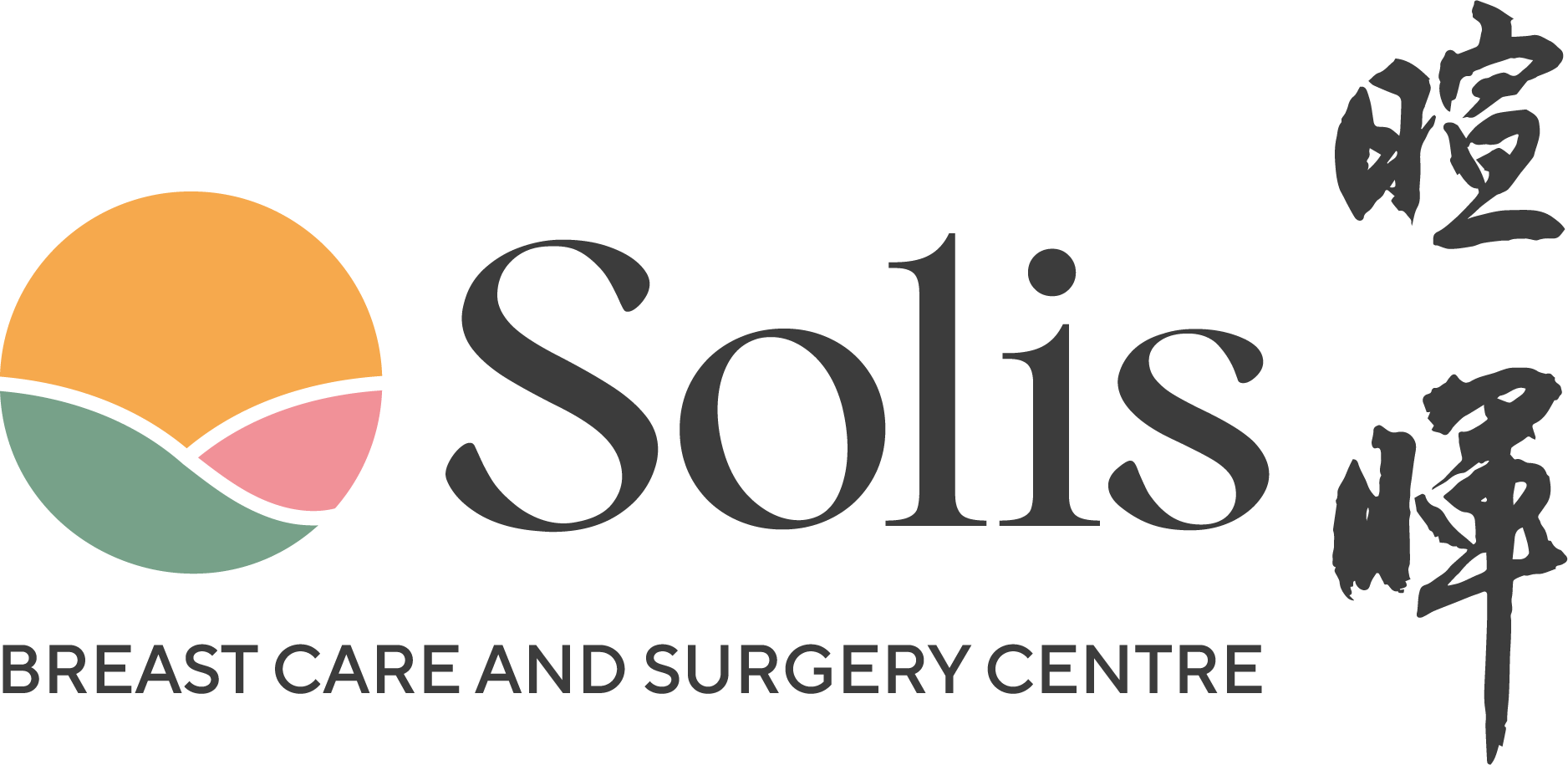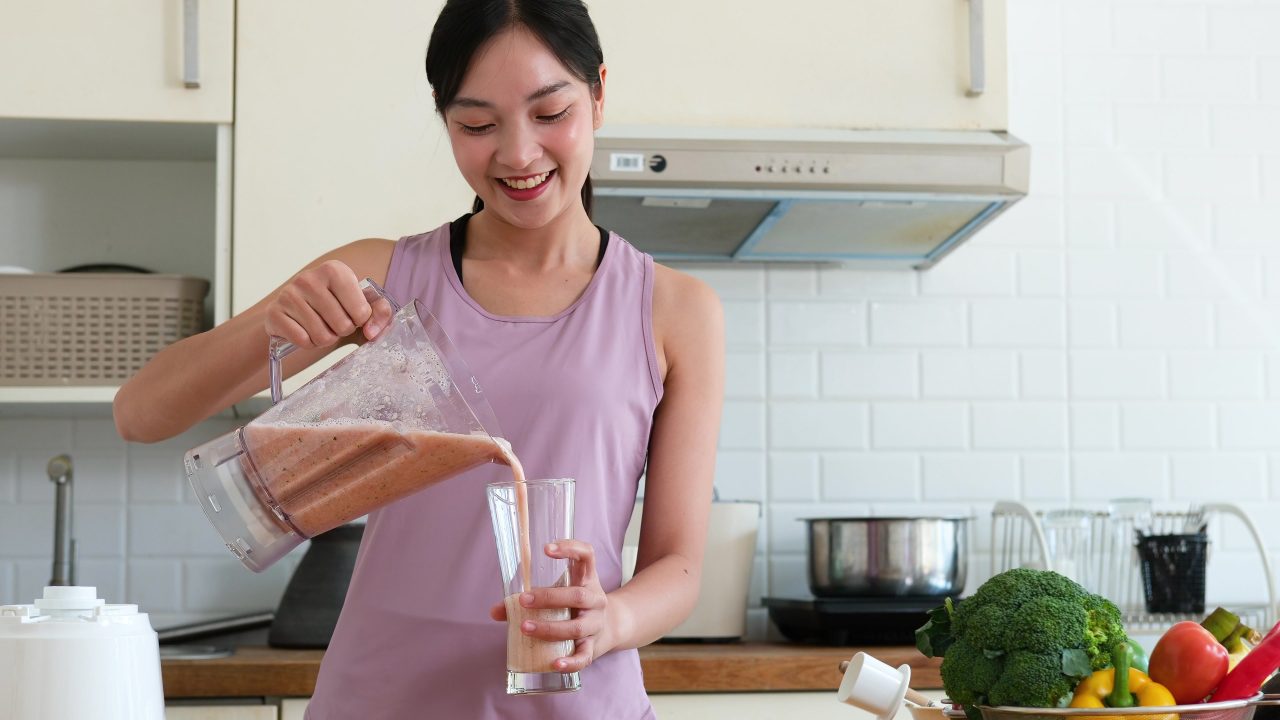If you have breast cancer, what should you eat? Is there any food to avoid? Is there something you could do when food becomes unappetising? Patients may experience a changing relationship with food. Here are four tips that may help.
1. Manage Eating Problems
While cancer treatments sometimes make it challenging to eat or drink, you need additional calories and protein for wound healing and recovery after treatments like breast surgery [1].To manage eating difficulties such as appetite loss, nausea, and changes in their sense of taste or smell that make tasty food unpleasant [2] [3], try the following [2] :
- Eating smaller amounts more often instead of large meals
- Eating foods that are easy on the stomach e.g. bananas and rice
- Keeping easy-to-carry snacks for when you feel like eating, e.g. granola bars
- Changing the form of foods e.g. turn sliced fruit into smoothies
- Sipping only small amounts of liquids during meals, as eating and drinking simultaneously may make you feel bloated
- Choose foods that appeal to you and do not force yourself to eat food that makes you feel ill
Eating well can help you regain strength and improve how you feel after completing treatment. Here’s how you can do that [2] [4]. :
- Freeze portions of soups, curry, stews and other dishes for times when you do not have the time or energy to cook
- Prepare simple, easy-to-make meals that you enjoy. Ideally cook more than you need so that you cook once and eat twice
- Eat a wide variety of fruits and vegetables that provide vitamins, minerals and fibre
2. Consult your doctor before making drastic dietary changes
Advice from well-meaning friends and family on what to eat can be overwhelming. While it may be tempting to follow them, it is important to consult your doctor first.
You may be considering fasting or wish to avoid eating certain foods that you have been told may worsen the cancer. These fears are rarely true and limiting your food intake has the potential to slow down recovery from cancer treatment and leave you feeling tired and weak [5]
If you wish to take vitamin or mineral supplements, check with your doctor or dietitian before doing so, as they may affect how your body copes with treatment [5] [6].
Unproven advice to follow special diets to cure or control your disease, such as cutting out a food group or taking high-dose supplements need to be considered with caution [5]. Following unproven diets may do more harm than good.

3. Be Kind to Yourself
You may sometimes feel overwhelmed by friends and family around you who want you to eat more or bring you homecooked favourite meals [7]. Help them to help you by asking them to cook meals you have the appetite to eat.
It is times like this when practising self-compassion is essential. You may have both good and bad days when it comes to what you can stomach [2]. Do not feel pressured to eat food from others, as forcing yourself to eat may make you feel worse.
Share how you feel with your loved ones. You may worry about upsetting them but having them listen to you may help alleviate the anxiety and distress you have about eating [7] .

4. Make Eating Enjoyable Again
For many, eating is a social activity and should be enjoyable [7].Having eating problems and anxiety surrounding what foods you can eat can sour your relationship with food.
Try making mealtimes as pleasant and relaxing for you as possible. Cook and eat together with loved ones, try new recipes, play music or even brighten up your dining table with flowers [2] [8].
Eating your favourite foods when you feel well will allow you to enjoy eating and avoid associating these foods with feeling sick [2]. .
It can be hard to think positively about eating whilst battling cancer, but food should be seen as necessary fuel to nourish and energise the body instead of being a source of stress and worry.
The breast cancer journey is difficult, and worrying about what to eat and how to eat makes things even more burdensome. Give yourself grace during this period and consult your doctor about dietary concerns. If you require further support, Club Solis is a support network for Solis patients to meet, connect and heal together.
References
[1] American Cancer Society, Managing Eating Problems Caused by Cancer Treatments
[2] National Cancer Institute, Eating Hints: Before, During and After Cancer Treatment
[4] American Cancer Society, Can I Do Anything to Prevent Cancer Recurrence?
[5] Cancer Council NSW, Common Questions About Nutrition and Cancer
[6] Macmillan Cancer Support, Healthy eating and cancer
[7] Cancer Research UK, Your feelings about diet problems
[8] Cancer Society New Zealand, Eating well with cancer




